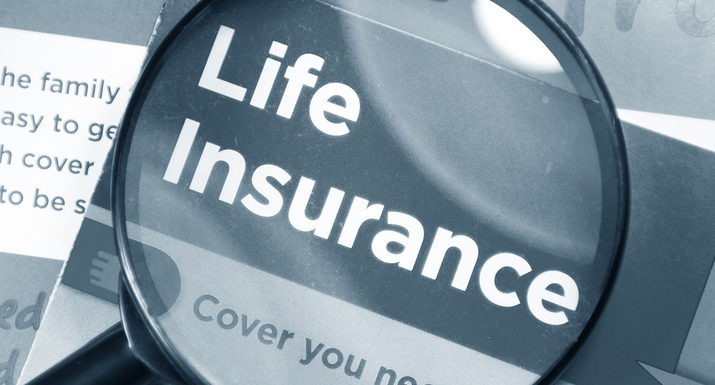
 Life insurance isn’t exactly a fun topic to talk about, is it? Yet, it is essential coverage for many families who want to protect the future earnings of one or both spouses.
Life insurance isn’t exactly a fun topic to talk about, is it? Yet, it is essential coverage for many families who want to protect the future earnings of one or both spouses.
Many older Americans wonder whether they need life insurance in retirement. They wonder whether their surviving spouse and loved ones need the capital generated by the life insurance policy — the death benefit – to replace their income and preserve assets.
Some financial planners say if you planned well enough prior to retirement, you won’t need life insurance. You’ll have no debt, plenty of assets to replace the income lost due to your death, and plenty of money to leave to heirs. That all sounds good on paper, but reality is different.
 Crunch the numbers.What does your cash flow statement look like before and after the death of either spouse? If there’s more than enough income to cover the surviving spouse’s living expenses throughout retirement, then you might not need life insurance. But if there’s not enough income — even after you factor in how much the couple has saved and whether that can reliably provide for the surviving spouse — then you might need life insurance, says Pressman.
Crunch the numbers.What does your cash flow statement look like before and after the death of either spouse? If there’s more than enough income to cover the surviving spouse’s living expenses throughout retirement, then you might not need life insurance. But if there’s not enough income — even after you factor in how much the couple has saved and whether that can reliably provide for the surviving spouse — then you might need life insurance, says Pressman.
Consider the total cost to provide all these services on an annual basis, and multiply by the number of years that your children will require additional financial support. A stay-at-home parent with two toddlers will require more life insurance than a parent with two teenagers who will be out of the house in a few years.
 Given the possible need to fund long-term care expenses in retirement, Thomas Yorke, a certified financial planner with Oceanic Capital Management in Red Bank, N.J., says retirees might consider buying a permanent life insurance policy with a rider for long-term care.
Given the possible need to fund long-term care expenses in retirement, Thomas Yorke, a certified financial planner with Oceanic Capital Management in Red Bank, N.J., says retirees might consider buying a permanent life insurance policy with a rider for long-term care.
Budgeting as a young family is tough. You are steadily building work experience and have the added expenses of childcare and schooling. You may need MORE than 10 times your salary. Think about future expenses and how long it will take you to amass enough wealth to accommodate your family’s needs.
when you purchase an insurance policy, you’re transferring risk from yourself to an outside third party. In exchange for that transfer of risk, you agree to pay premiums. When you stop paying premiums on a term life insurance policy or disability policy, your insurance coverage ends. Whole life or variable life policies usually require significant premium payments in the early years of a policy with the hope that premiums can stop in later years and the policy remains active or “in force.”

